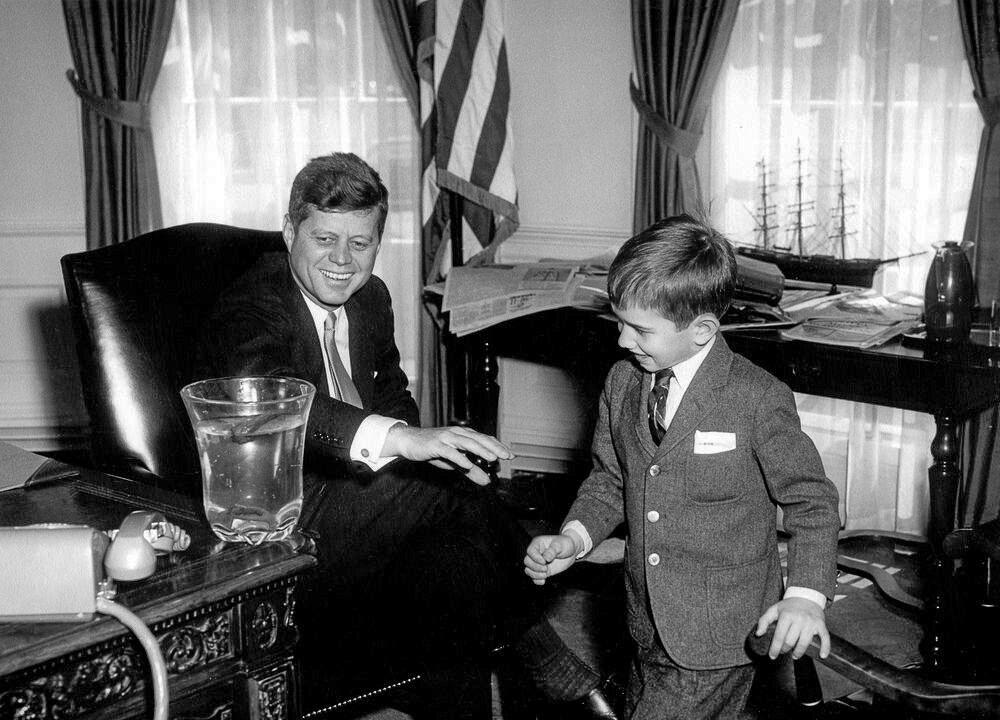On the 60th anniversary of President John F. Kennedy’s assassination, Robert F. Kennedy Jr.’s independent presidential campaign launched a petition demanding that President Joe Biden “keep his promise and release all JFK assassination documents as required by law.”
Mr. Kennedy is the nephew of the slain president and the son of Sen. Robert F. Kennedy (D-N.Y) who was assassinated in 1968 while campaigning for the Democrat presidential nomination.





